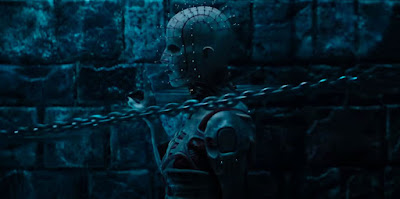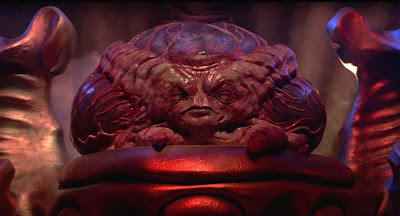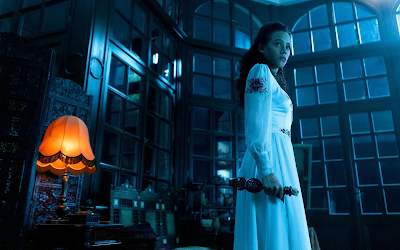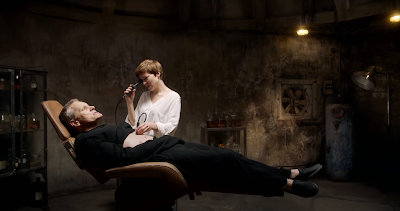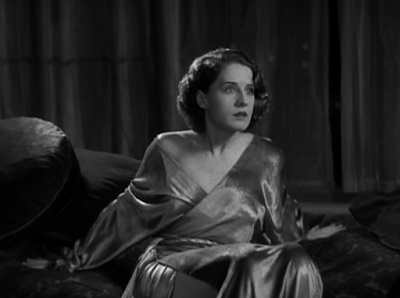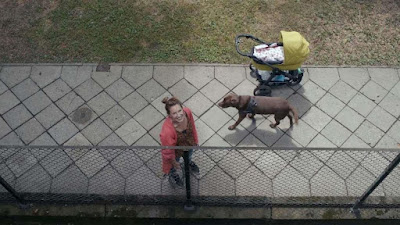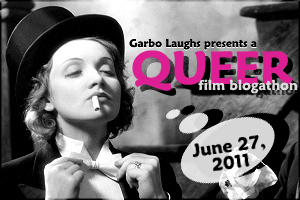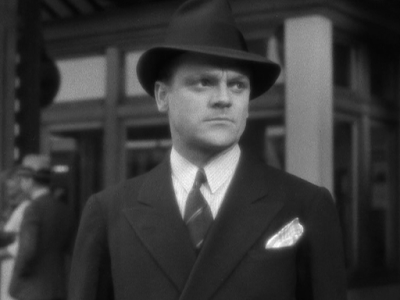 |
| James Cagney in G-Men (1935) |
While I was discussing gangster films with my long suffering partner a couple of nights ago, I asked her to name a famous bank robber off the top of her head. Her response was "Bonnie and Clyde." She could have named John Dillinger, I suppose, or Pretty Boy Floyd, or maybe even D. B. Cooper, but the thing about all of these names is that they are in the past, and all of them have been subsumed into American folklore. There have been countless films about these characters. The lion's share of these people lived during the Great Depression, and one of the reasons that they became famous, became folk anti-heroes of a kind, is because the economic calamity following the Wall Street crash of 1929 undermined the faith in American capitalism. Banks were villains to most folks. For a brief period, the idea that the United States might follow Russia into communism was more than just a leftist fantasy. It's more difficult to name famous bank robbers who worked after the Great Depression, because America successfully engineered a stable capitalist society from the New Deal and demonized bank robbers in films. Apart from D. B. Cooper, who is mostly famous because he was never caught and who remains an enigma, I couldn't name you a bank robber who worked during the last fifty years. Willie Sutton is probably the last great bank robber of the public imagination, mostly because he was famously quoted as robbing banks "Because that's where the money is." It's harder to rob banks these days, and most transactions are electronic anymore, but the twilight of bank robbers as folk heroes happened long before the advent of digital money.


